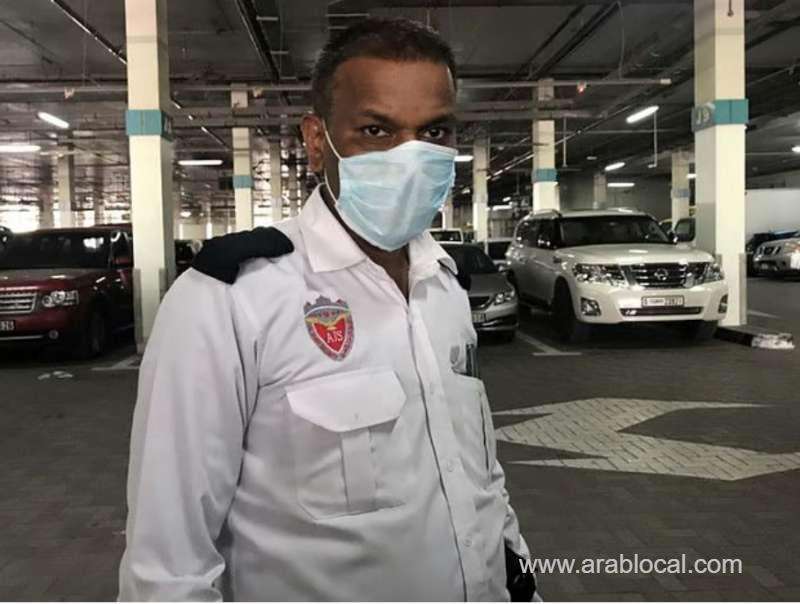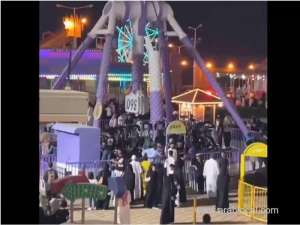Saudi Arabia has amended its private security law, now requiring 24-hour guards at critical establishments including hotels, hospitals, malls, and residential compounds. These new mandates aim to enhance public safety and tighten regulations in the private security sector.
Key Changes in Private Security Law
The Ministry of Interior, under the leadership of Prince Abdulaziz bin Saud bin Naif, approved several amendments to the Executive Regulations of the Law of Private Security Services. These updates place limitations on the scope of private security guard duties and expand the number of facilities requiring full-time security coverage.
Restricted Activities During Business Hours
Under Article 2, security guards are now restricted to specific types of activities during business hours. These include:
- Private and international schools, training centers
- Wedding and event venues
- Private clinics, medical centers, and complexes
- Licensed event spaces by the Saudi Conventions and Exhibitions Authority or General Entertainment Authority
- Restaurants with commercial space over 1,000 m²
- Women’s gyms
- Hypermarkets and grocery stores exceeding 2,000 m²
- Hajj-designated camps and sites during the first 15 days of Dhul Hijjah
Mandatory 24-Hour Security Coverage
Article 15 outlines establishments that must now maintain security guards around the clock. These include:
- Hotels, banks, money exchanges, and hospitals
- Jewellery and gold shops
- Malls or markets with over 30 stores or 3,000 m² space
- Residential compounds exceeding 10 villas or 50 housing units
- HR-managed employee housing
- Car dealerships and heavy equipment centers over 2,000 m²
- Car showrooms of similar size
- Towers with more than 50 residential/commercial units
- Amusement parks and tourist venues over 3,000 m²
- Private libraries larger than 2,000 m²
- Any other entities as defined by relevant authorities
Security for Factories and Warehouses
The amendments also allow regional police authorities to mandate 24-hour private security for factories and warehouses. However, this is conditional on a feasibility study conducted by a certified security consultant and submitted within two months of official notification.
Purpose Behind the Reforms
These security law reforms are intended to strengthen the private security sector, improve response times, and protect public and private assets. The changes align with Saudi Arabia’s national safety goals and contribute to the Kingdom’s broader Vision 2030 transformation plan.



